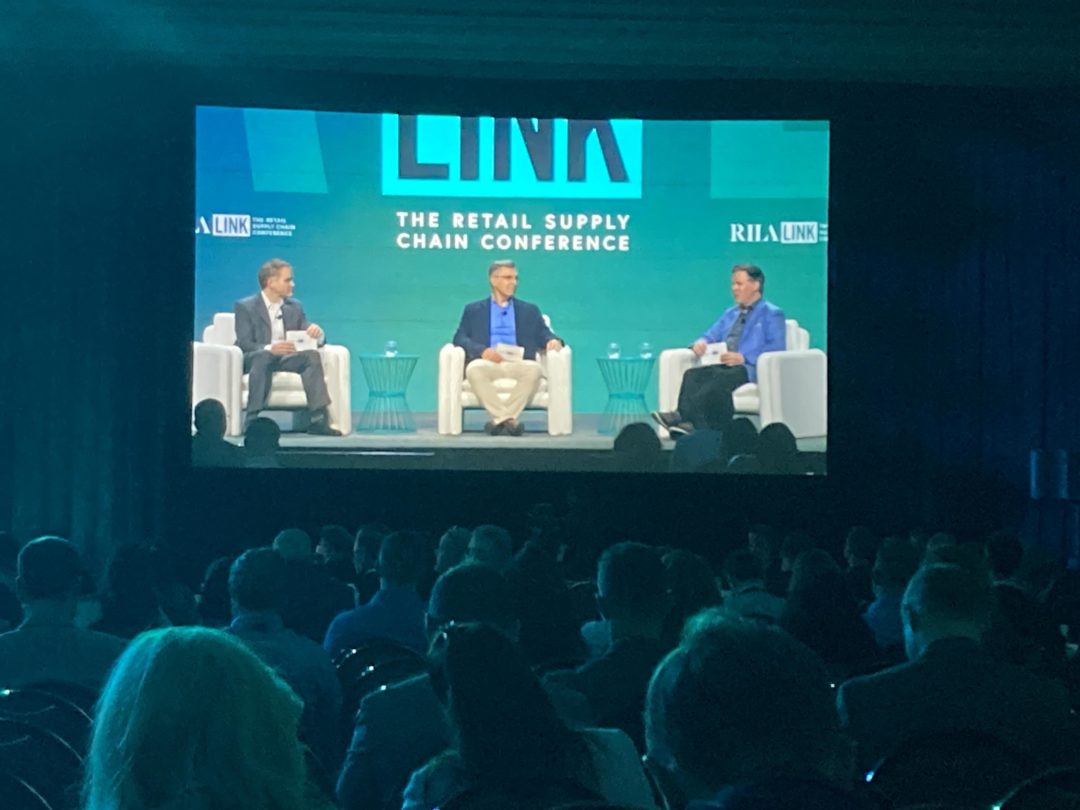Kroger says new tech freshens food and sales
E-commerce grocery deliveries lead to higher retention rates and basket sizes, RILA speaker says

Many companies have launched efforts in 2024 to digitize their supply chains, but that process brings some extra challenges for food retailers, which must preserve a particularly high level of customer trust at every step of the journey for edible goods, according to executives from the national grocery store chain Kroger.
Speaking at the Retail Industry Leaders Association (RILA) trade show in Dallas, Raul Bujalil, Kroger’s VP of supply chain, said the company’s mission is to make shopping affordable and seamless. That much sounds familiar, but the company adds another tagline, “leading with fresh and investing in digital.”
The company’s customers demand both competitive prices and good quality, a combination that Kroger seeks to meet through efforts like an online shopping app that learns each user’s personal habits, providing them with electronic coupons and offering white-label store brands at a variety of price points, not just bargain-level deals, he said in a session called “Digitizing the supply chain: A journey toward unified commerce.”
Projects like that require a dedicated investment by the company—such as its 8451 data science and predictive analytics division—but they are already paying off, said Ben Hamilton, Kroger’s VP for e-commerce fulfillment. Kroger has increased its grocery delivery sales by almost 20% over last year, and has tracked increased retention rates and larger basket sizes for its online orders that are processed at regional fulfillment centers and delivered to buyers’ doorsteps, he said. Credit for that success is also due to Kroger’s work with business partners such as Ocado for its warehouse automation and Blue Yonder for its supply chain software, Hamilton said.
Their comments came as Kroger got news today that the U.S. Federal Trade Commission had sued to block its proposed $25 billion merger with Albertsons, alleging that the largest supermarket merger in U.S. history would lead to higher prices, store closures, and job losses. Kroger disputes those charges.
Related Articles

Copyright ©2024. All Rights ReservedDesign, CMS, Hosting & Web Development :: ePublishing